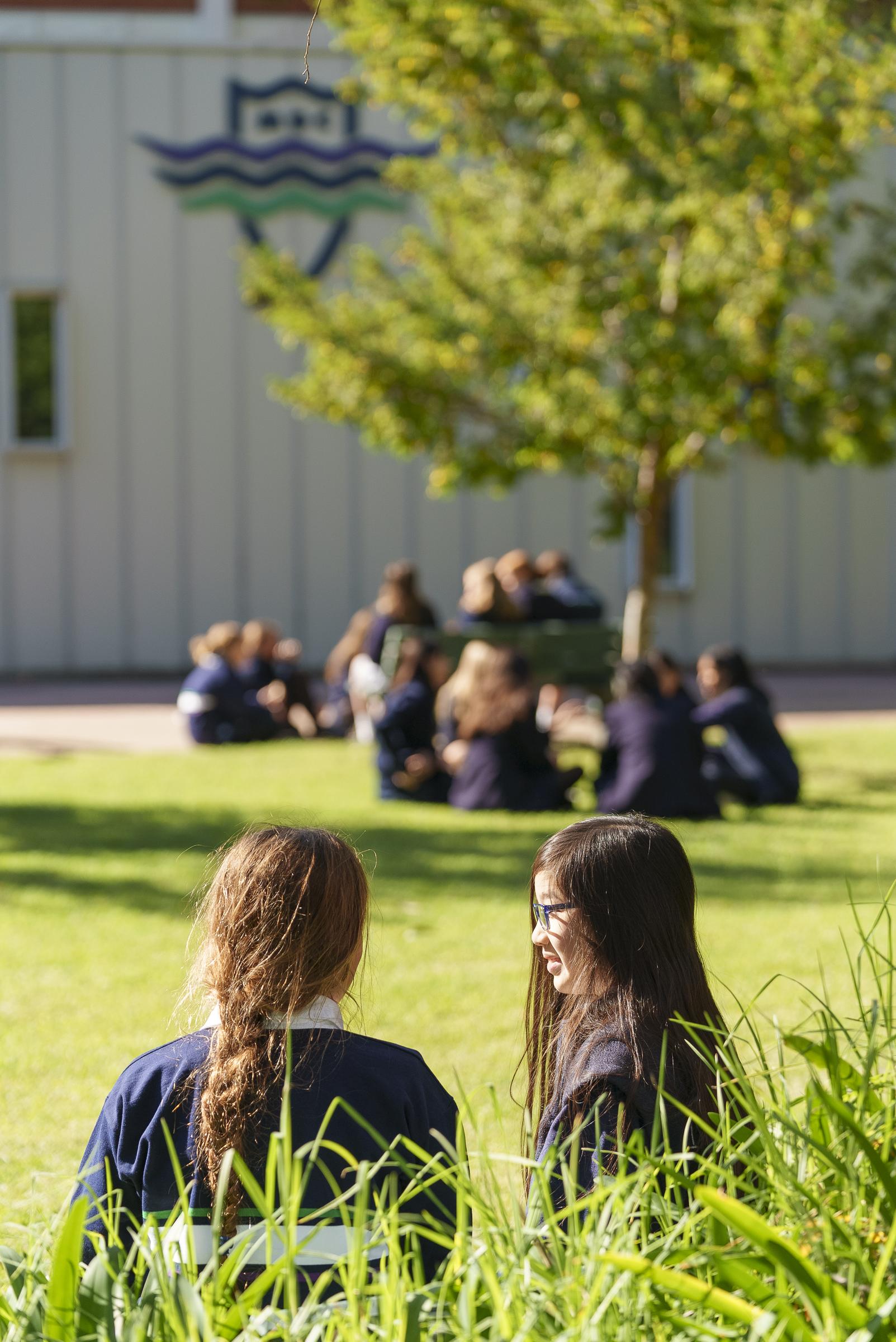Return to MGC
The staggered return to school is well underway, with our year 12's on-site for the last 3 weeks and year 7-11 back this week. I can honestly say that the joy of students reconnecting on site has given a real boost to everyone who has been here. There will still be some restrictions as of the full return to school on November the 3rd, though we look forward to reimagining what life will look like together as a community.
As part of our approach to helping students rebuild connections and learning confidence, we have moved many activities back 1 week - allowing an extra week of onsite classes before exams and Headstart for our senior students. We will also be running a series of wellbeing and engagement activities for students in the later weeks to rebuild those valuable connections which are at the core of everything we do.
Supporting Students’ Return
A return to school is an exciting and emotional time for students. They will be looking forward to seeing their friends, settling back into daily routines, and discovering what ‘the new normal’ looks like. This set of tips for parents and carers was posted by the NSW department of education and has some particularly useful ideas.
Be positive about returning to school
- Ask your child how they are feeling about returning to school. Your child may be feeling a mix of emotions about their return, so it is important to listen to any concerns and respond in a calm, supportive and reassuring way.
- Promote positive conversations by asking what they like about school and what they are looking forward to when they return. Let them know that school staff are looking forward to seeing them.
- If they feel nervous or worried, help them understand this is a normal reaction, and that you and their teachers are there to support them.
- If your child has questions about COVID-19 provide factual and age-appropriate information. Let them know everyone at school is working hard so that everyone is safe.
- Consider limiting media content your child is viewing if it is contributing to worry or distress.
- Remind your child that everyone at school is working hard to make sure that everyone is safe and that anyone unwell will stay home.
Prepare yourself and your child for changes and new school procedures
- Look at the school website, Facebook page, and newsletters to learn about new procedures that may have been introduced such as changes to parents’ access to the school grounds, drop off and pick up points as well as new rules such as wearing face masks or hygiene rules.
- Discuss these with your child and plan together how these changes will be managed. The more your child understands the changes, the more comfortable they are likely to feel. If you are unsure about anything, contact the school or your child’s teacher.
Re-establish your routines
- Routines help provide certainty and increase feelings of security, so it will help to re-establish routines and plan for the return.
- Bring back the usual wake-up, bed, and breakfast routines. Set aside time to find school equipment and check uniforms and shoes still fit – your child may have grown. Give yourself enough time to organise replacements or a uniform alternative if needed.
- The day before returning, encourage your child to check their school timetable if needed, pack their school bag and have their uniform ready.
- Allow more time than usual on the first morning back to calmly get ready. Take your child to school if that will help build a greater sense of security. Alternatively, encourage your child to meet up with a friend before school and travel in together.
At the end of the school day
- Talk to your child about their day and what they are looking forward to tomorrow. If your child prefers, get them to write down or draw their feelings.
- Provide opportunities for your child to play and relax at the end of the day. Returning to school may contribute to tired and emotional reactions at the end of the day.
- Help re-establish after-school routines to review the day’s learning and complete homework tasks.
- Consider having extra family time together as your child may have missed being at home with you.
Supporting your child
- Returning to school routines may take some time. Reassure your child that this is normal. Encourage them to ask for help if they need it
- Take care of your own wellbeing while supporting your child’s return to learning at school. You may have some children returning to school while others are continuing to learn from home. You can help your child by explaining that all children will be returning to school soon.
- If they are finding things difficult, remind your child of times in the past when they were able to do difficult things and face situations that made them nervous or scared.
- If you are concerned about your child, seek support by contacting the Year level leaders and classroom teachers.
Update the school
- Let the school know of any concerns relating to your child that may impact their transition back to school. This will assist the school to work with you to plan and put in place appropriate support strategies.
Have a great week!
Andrew
